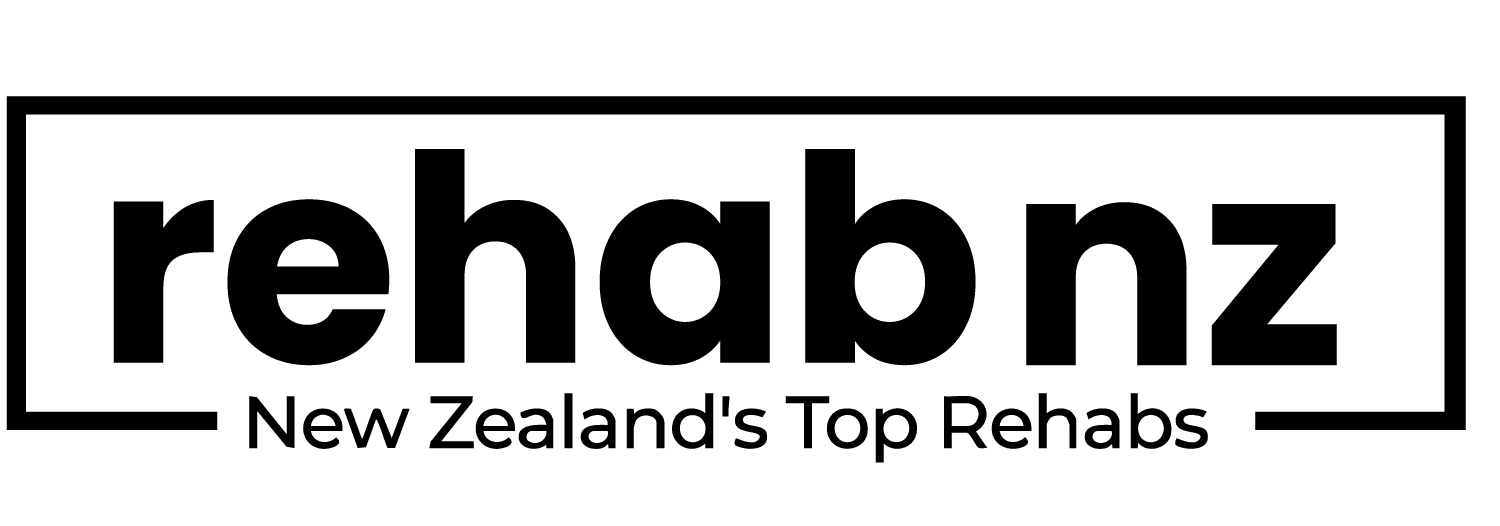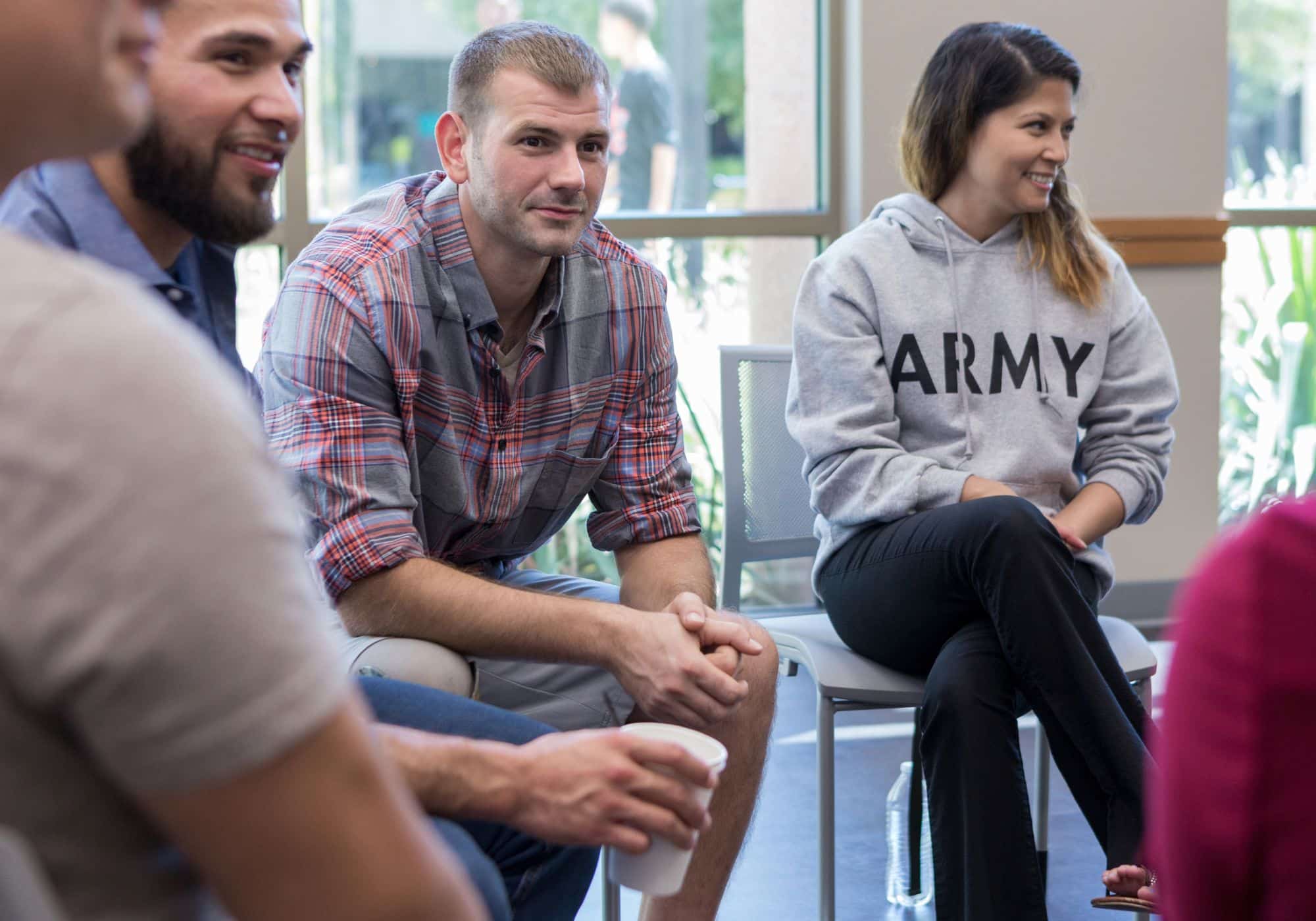
Alcohol Rehab Christchurch.
Rehab NZ serves as a comprehensive resource for individuals seeking alcohol rehabilitation services within Christchurch. Our platform offers detailed guidance. This resource covers the entire process. It starts with identifying suitable rehabilitation facilities.
It extends to understanding the experience of living in a treatment centre. We provide essential information. This helps individuals make informed decisions about their recovery journey. We operate independently.
Rehab NZ does not accept payment for advertising. Our commitment is to providing unbiased information. We strive to be a valuable tool. We aim to assist those in need of support for alcohol addiction. We hope you find the Rehab NZ Guide helpful in your search for recovery. The following is a curated list of alcohol rehabilitation centres located in Christchurch.
Alcohol Rehab Christchurch Prices.
Christchurch is one of the few places in New Zealand that has more than one free rehab! But you must keep in mind that you will have to go on a waiting list or you will have to go to a private rehab. We have a few private rehabs in Auckland.
The prices for a private rehab will range from $17,000 a month for a 12-step Rehab to around $50,000 for a private rehab. How ever you also have the addiction clinic that provides an out patent rehab for farmers and working people that would find it hard to be away from home for over a month.
The Addiction Clinic in Christchurch charges $12,995 for the six-week program, and you will work with some of New Zealand’s leading experts in the area of Alcohol Addiction.
Let’s take a look at some of the alcohol rehabs in Christchurch.
The Addiction Clinic - Outpatient Alcohol Rehab Christchurch.
The Addiction Clinic treatment program is recognised as the foremost alcohol addiction treatment initiative of its kind in New Zealand.
In contrast to conventional residential rehabilitation centers that prioritize group therapy while offering limited focus on individual requirements, this program sets itself apart by providing you with a dedicated team of experts in the field of alcohol addiction treatment.
You will collaborate with a leading New Zealand Psychotherapist who specialises in Alcohol Use Disorder, commonly referred to as alcoholism.
In addition to the Psychotherapist, you will be supported by a senior addiction counselor who specializes in relapse prevention.
To enhance your experience during your time with them, you will also be assigned a personal sober coach.
A sober coach, or peer support individual, is someone who has personal experience and has completed specialized training to assist individuals in early sobriety.
The primary objective of your team is to help you achieve sobriety as swiftly as possible, in a manner that ensures long-term sustainability.
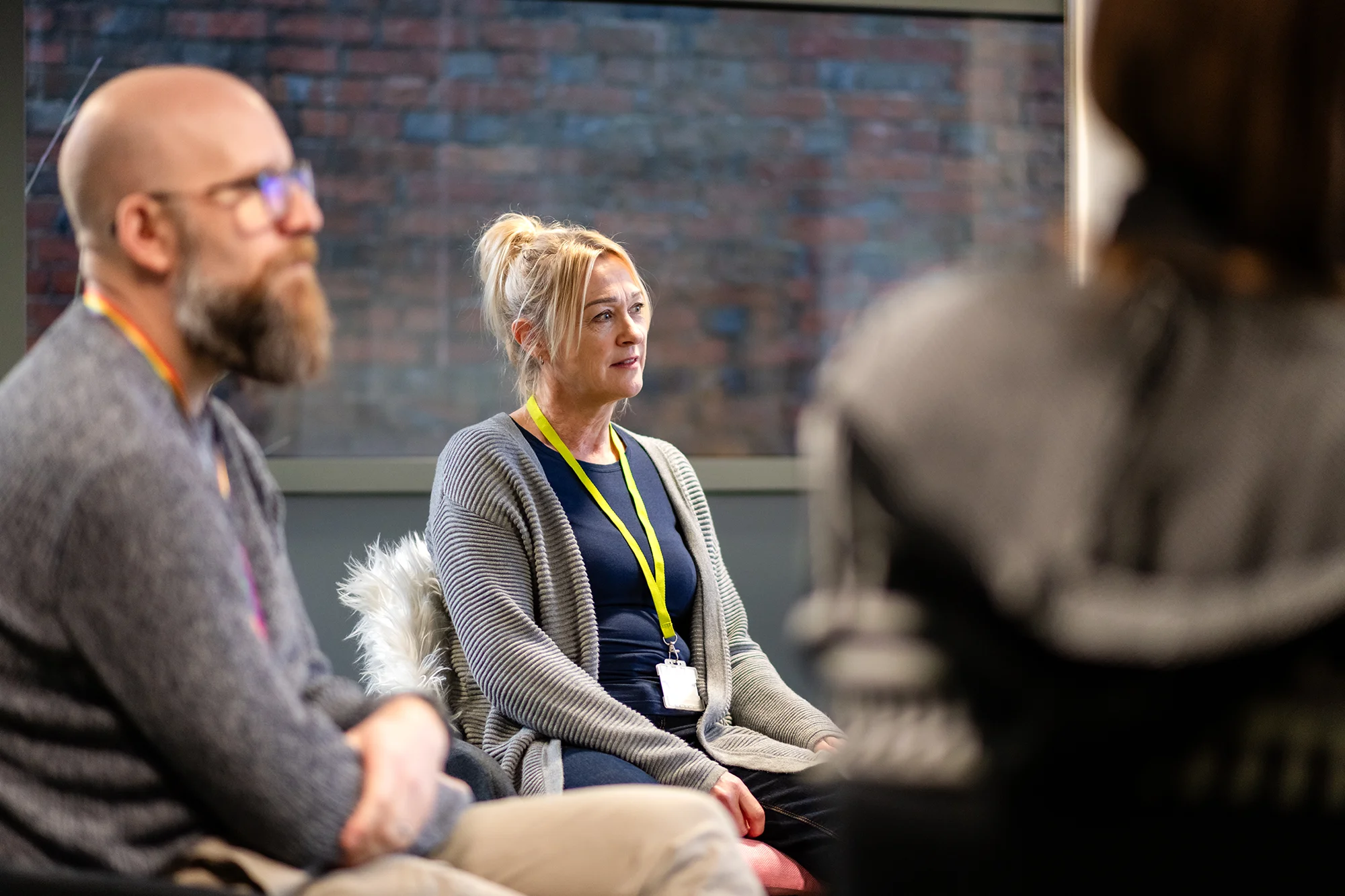
Odyssey House Rehab Christchurch - Alcohol Rehab Christchurch.
Odyssey House Christchurch Mens Residential Rehab is a 6 month residential therapeutic community.
The primary goal is to foster personal growth. This is accomplished by changing an individual’s lifestyle through a community of concerned people working together to help themselves and each other.
Residents receive extensive assessment, group therapy as well as education and recreational opportunities. Through participation in a variety of activities, residents learn skills that assist them with day-to-day living.
Odyssey House Trust Christchurch provides therapeutic support and education to clients with
drug and alcohol addictions. Our mission is to improve the wellbeing (Life quality) of individuals, family and community affected by addiction, mental health and related issues.
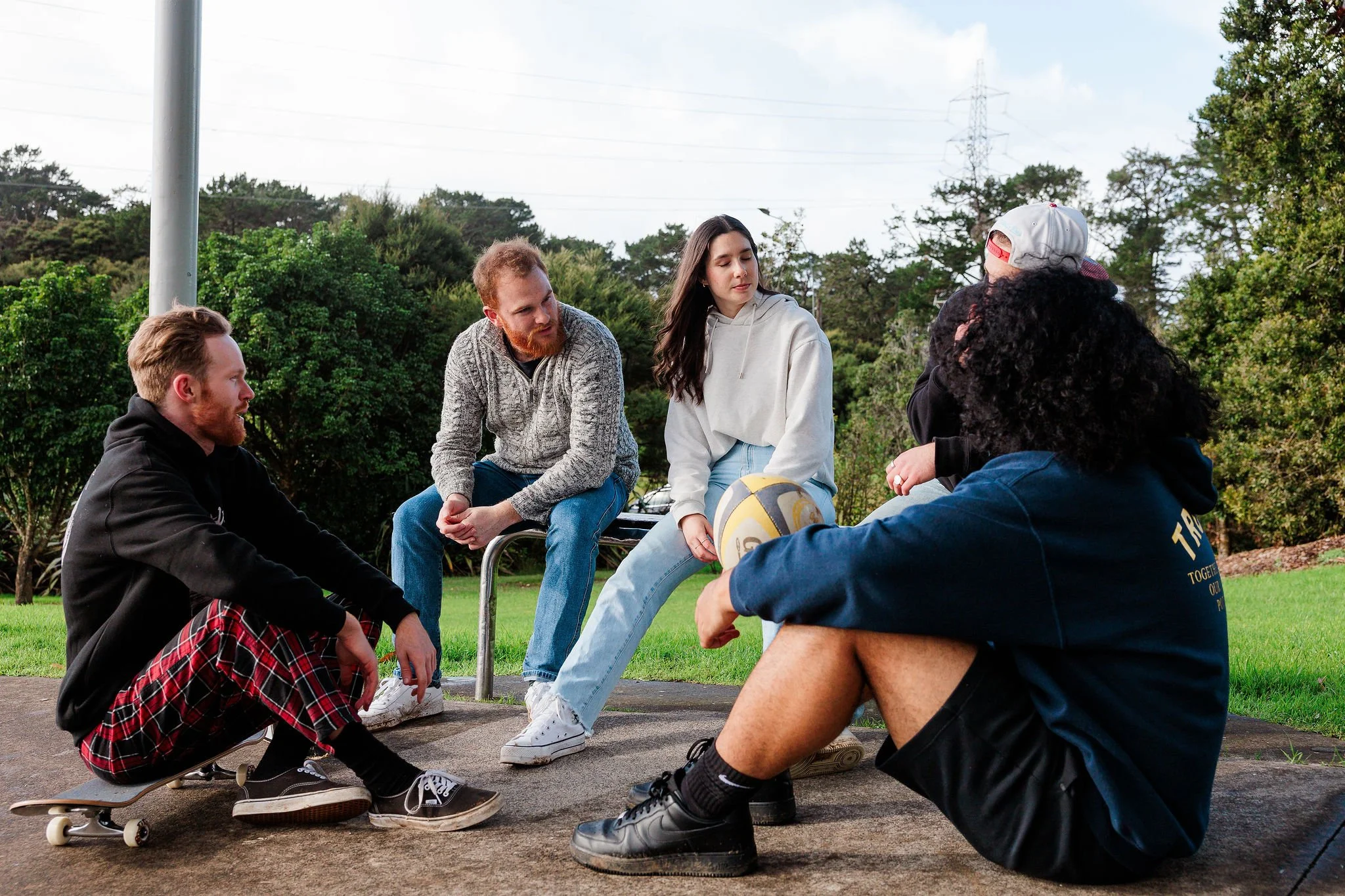
He Waka Tapu - Alcohol Rehab Christchurch.
The ‘Te Whai Oranga’ team delivers specialised rehab programmes tailored to address co-existing alcohol and other drug concerns with a unique emphasis on incorporating Kaupapa Māori cultural principles and practices.
Supporting our wāhine and tāne to reclaim the mana of our tipuna and reject the negative influence of alcohol and drugs in our lives.
Drawing from a comprehensive approach, the team at Takahi Te Taniwha provides assessments and treatment planning focusing on harm reduction, storytelling (pūrākau), genealogy (whakapapa), motivation for change, establishing connections, setting boundaries, psychoeducation and applying cognitive-behavioural therapy within the framework of Te Ao Māori.
Similarly the Mauri Ora Experience facilitated by the same dedicated team, offers an intensive 8-week residential programme designed to provide a safe and empowering environment for participants (whaiora).
Through structured programming, participants engage in activities aimed at achieving social, behavioural and psychological change, all while embracing Te Ao Māori principles.
Together, the ‘Te Whai Oranga’ team endeavours to support individuals and their whānau on a journey toward abstinence and holistic well-being, integrating Māori cultural values and practices into their services to promote profound personal growth and positive transformation.
We provide comprehensive assessments to understand substance-related histories and risks, followed by tailored treatment plans designed to support individuals on their journey towards recovery and well-being.
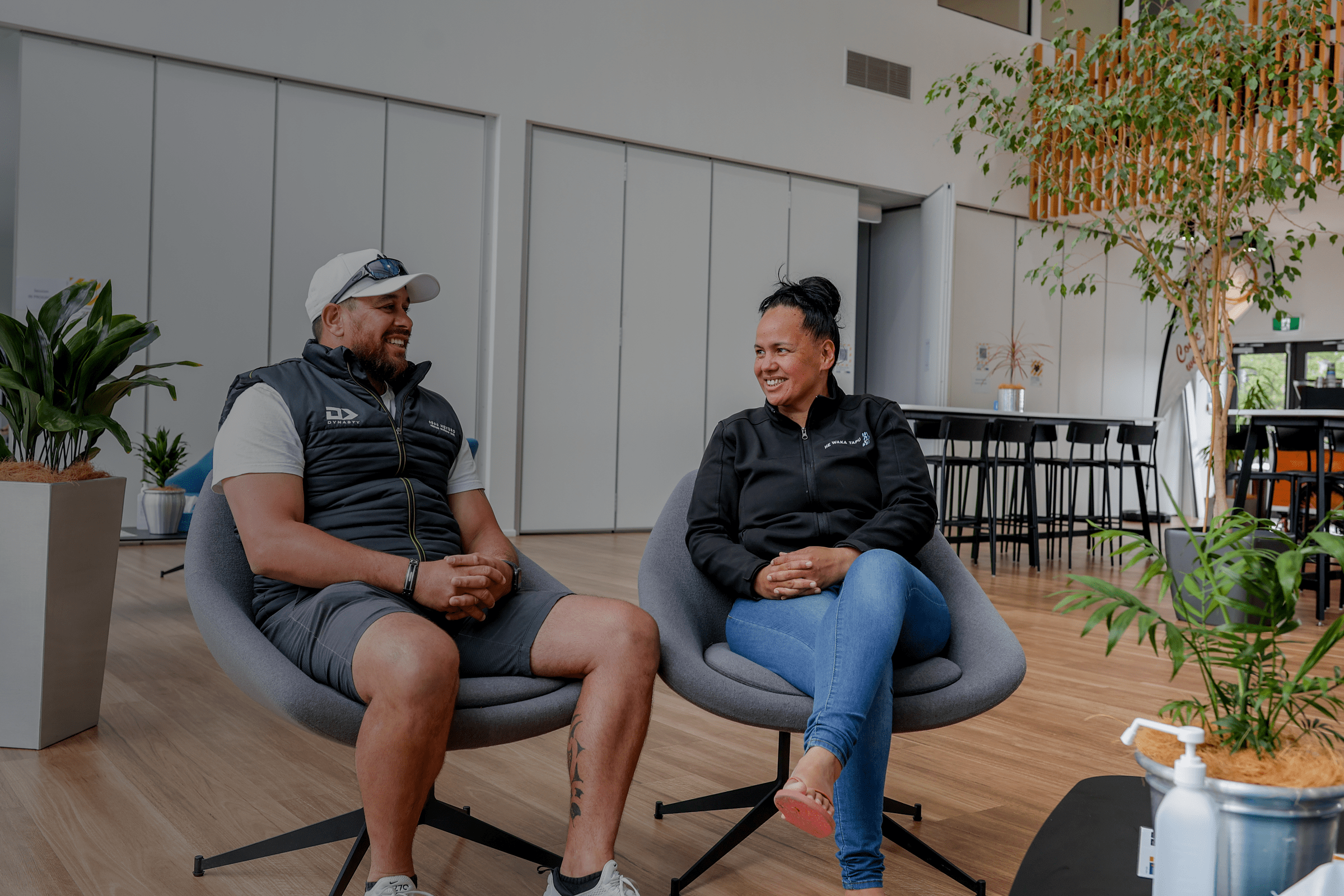
Alcohol Rehab Christchurch
Nova Trust - Alcohol Rehab in Christchurch.
Nova Trust Rehab in Christchurch, based in Templeton. Nova’s vision is to change life for the better, helping people affected by alcohol, drugs, and other life changes to change their lives and fulfil their potential. Nova service-users will live better, healthier and more independent lives.
The service is focused on recovery-oriented group work and intensive case management to develop strategies to support a sustained recovery. This clinical input is combined with the opportunity to develop employment and life skills, to support daily living beyond treatment.
The service benefits from strong collaborative partnerships which offer peer support, nursing, psychological and psychiatric input when required.
The service seeks to support and build upon change, with comprehensive discharge and resettlement planning designed to ensure service-users leave with the necessary skills and supports required to continue their recovery.
St Marks Rehab - Alcohol Rehab.
To access services at St Mark’s Rehab, tāngata whai ora—that is, those seeking help—must first contact their local Community Alcohol and Drug Services (CADs) or non-governmental organisations (NGOs).
These organisations are responsible for initial assessments and will help initiate the enrolment process. They will review each person’s circumstances to determine if St Marks’ programme is suitable for them.
Through this assessment, the individual’s needs, health conditions, and background are carefully considered to ensure they will benefit from residential rehab.
The next step involves the tāngata whai ora and their referrer reviewing a comprehensive booklet provided by St Marks. This booklet explains everything about the programme, including the rules, expectations, costs, and the underlying philosophy of the treatment approach.
Exploring these details helps ensure the individual understands what to expect and what is expected of them during their stay.
Before entry, the client signs a document confirming they understand and agree to the conditions of participation. This includes agreeing to abide by all rules and respecting the programme’s approach. Important aspects of the programme include a strict policy of a smoke- and vape-free environment.
This environment supports a healthier recovery space and helps reduce triggers associated with smoking or vaping. During the first four weeks—the junior phase—mobile phones are only permitted once a week.
Visitors and leaving the premises are not allowed during this period unless authorised beforehand, and this policy helps clients focus entirely on their treatment.
The reason for these restrictions is to create a distraction-free space where clients can concentrate on their recovery, establish routines, and develop new skills without outside influences or temptations.
After completing this initial phase, clients typically experience increased freedom and responsibility.
They are gradually allowed more personal choice, such as using their phones more often, seeing visitors, or leaving the centre with permission.
The aim is to help clients grow confident in their ability to manage their sobriety outside the centre.
Throughout this process, the entire team at St Mark’s is committed to supporting clients in a caring and respectful way. Staff are trained to maintain boundaries and processes consistently, ensuring safety and professionalism in all interactions.
Bridge Program Christchurch - Alcohol Rehab in Christchurch.
The Bridge Rehabs Christchurch focuses on helping people recover from problems linked to alcohol and other drugs. The approach they use is rooted in evidence-based methods, which means their strategies are backed by research and proven to work.
They combine various holistic techniques, addressing not just the physical issues but also the mental and social challenges that can come with substance problems. This comprehensive care aims to lessen the damaging effects of alcohol and drugs on the body, mind, and relationships, helping individuals rebuild and regain control of their lives.
At The Bridge rehab Christchurch, supporting mental health is a core part of their work. Many people who seek help at the centre struggle with other mental health challenges like depression, anxiety, or trauma. Recognising this, they work in partnership with other support services to provide a full range of care.
They follow a kaupapa whānau approach, which involves working closely with the individual’s family and wider community. The aim is to create a safe and supportive environment where everyone’s well-being is a shared goal. This collaborative method helps make sure that support is tailored to each person’s needs, so they do not face their struggles alone.
Diversity and inclusiveness are also central to The Bridge’s philosophy. The centre warmly welcomes individuals from all backgrounds, cultures, and ages. They understand that each person’s experience with substance use is unique, shaped by their culture, gender identity, sexual orientation, or physical abilities.
The Christchurch team is committed to creating a space that feels safe and respectful for everyone, regardless of differences. Whether someone has a disability, is part of a marginalised community, or is exploring their gender identity, they can find acceptance and understanding at The Bridge.
The services offered are designed to support different goals. Some people aim for complete abstinence from alcohol and drugs, while others want to reduce harm and manage their use better. Whatever the goal, The Bridge is there to help.
They work with each person to develop a recovery plan that suits their lifestyle and aspirations. Strategies may include counselling, group work, or learning new coping skills. The centre encourages active participation, so clients are involved in setting their own goals and deciding the path to recovery. They also focus on practical skills like managing cravings, building healthy routines, or strengthening relationships.
Participants in the Christchurch Rehab program are supported to develop these skills step-by-step. They might learn how to handle stressful situations without turning to substance use or discover healthier ways to relax. The team believes that when people take part in creating their plans, they are more likely to stay motivated and succeed. This approach helps individuals feel empowered and in control of their journey, rather than feeling judged or told what to do.
Overall, The Bridge Rehab Christchurch offers a welcoming, respectful environment where each person’s story matters. Their holistic and inclusive approach ensures that everyone receives care that honours their unique circumstances and goals. Whether someone wants to stop drinking altogether or simply reduce their use, The Bridge rehab provides practical support, understanding, and a safe space to begin their recovery.
Maybe you could look at the Rehab Nelson page, as it’s just a short trip and Nelson is a great place to stay,
